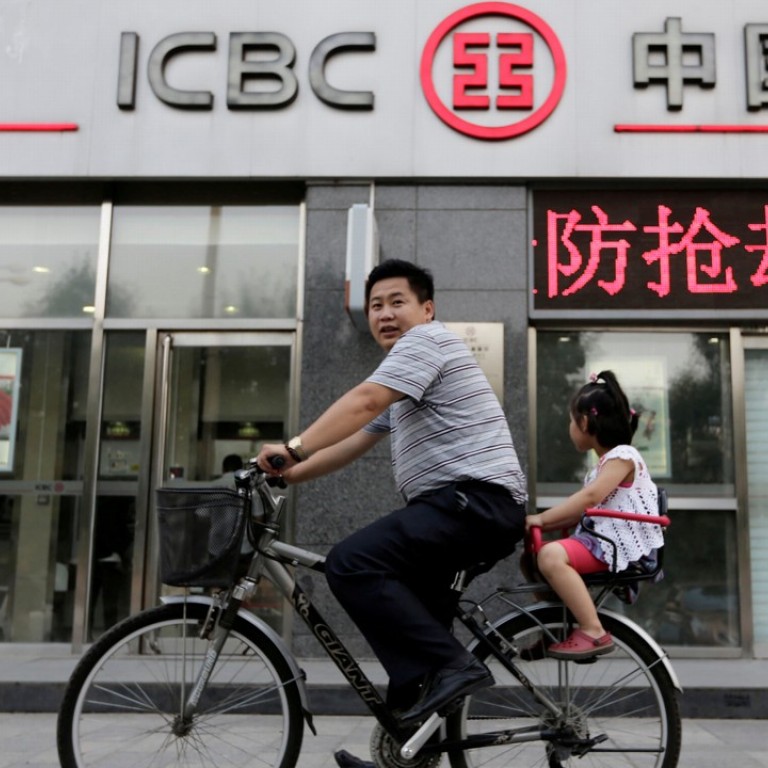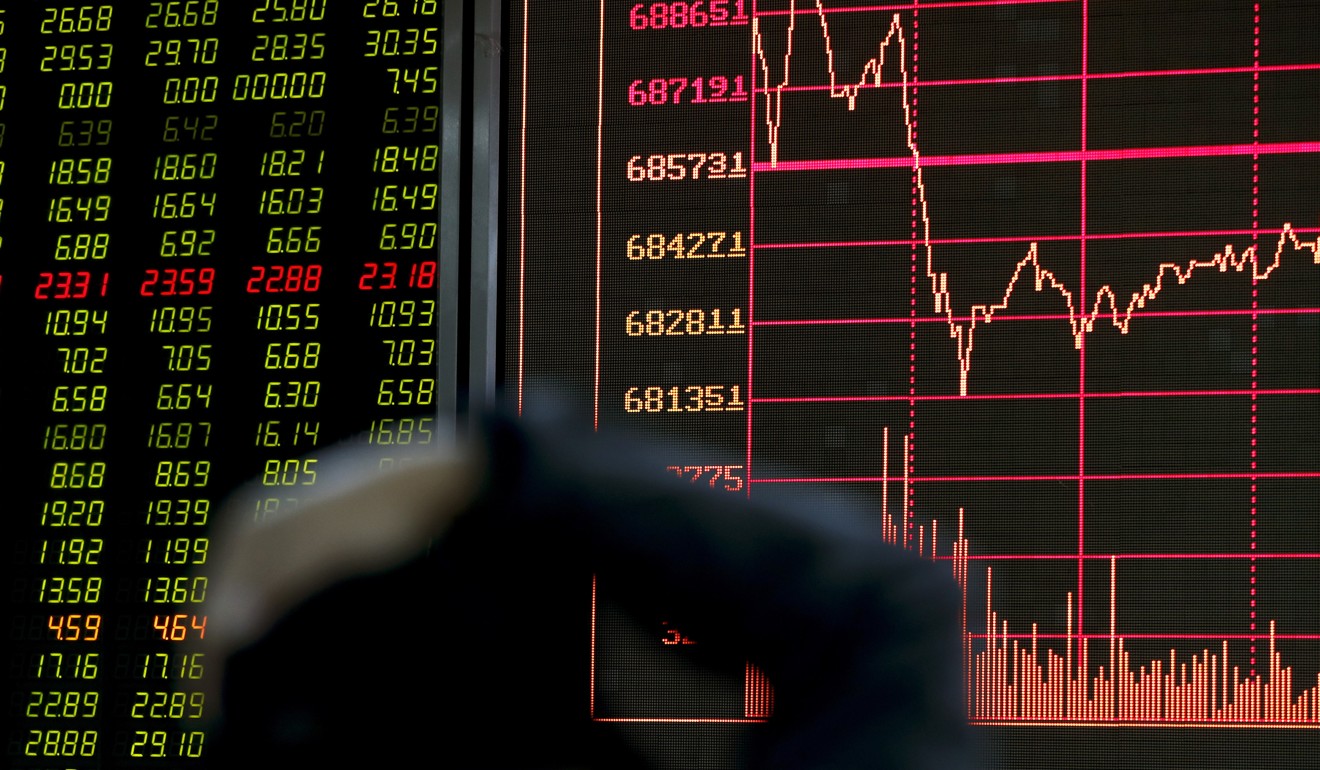
Fidelity on the hunt for under-performing Chinese banking stocks, while avoiding pharmas
Global money manager is one of Hong Kong’s Mandatory Provident Fund scheme providers and has about US$411 billion in assets under management
Fidelity International, the London-headquartered global money manager, is eyeing up under-performing Chinese banking stocks as one of its major bets in the second half of year, according to one of its senior portfolio managers, but plans to refrain from buying currently strong drug makers.
While big state-owned lenders, including Industrial and Commercial Bank of China and China Construction Bank, have retreated at least 5 per cent this year amid liquidity tightening and corporate bond defaults, the risk reward is increasingly turning attractive as stock prices are below book values and most negative factors have already been priced in, Lynda Zhou told a briefing in Shanghai on Wednesday.
Fidelity is one of Hong Kong’s Mandatory Provident Fund scheme providers and has about US$411 billion in assets under management.

Zhangzhou Pientzehuang Pharmaceutical, for instance, has been viewed recently as a stock to avoid, along with other health care companies for now, because of recent excessive sector gains.
“Banks are being beaten down as they are considered as highly exposed to recent worsening liquidity and defaults in corporate bond payments,” Zhou said.
“But big banks have very strong pricing power in advancing loans in times of tight liquidity. They have pretty high return-to-equity ratios and healthy balance sheets.”
Banks are being beaten down as they are considered as highly exposed to recent worsening liquidity and defaults in corporate bond payments
Chinese banking stocks have fallen among the also-rans in China’s US$7.6 trillion stock market so far this year, amid concerns of deteriorating asset quality amid the trade friction between China and the US.
Increased surveillance of the country’s shadow banking sector has also left investors on edge.
On the flip side, pharmaceuticals is the best-performing sector, with earnings rebounding after the government ratcheted up support for the development of domestically produced proprietary drugs, or those owned by an individual or corporation under a trademark or patent.

The losses by Chinese bank shares seems likely to continue after the Trump administration back-pedalled in Tuesday on an earlier agreement reached with China, by surprisingly announcing it will impose US$50 billion tariffs on Chinese products, particularly in the high-end manufactured goods.
ICBC dropped 1.9 per cent to 5.63 yuan (US 87.7 cents) in Shanghai on Wednesday, adding to a 9.2 per cent decline this year, Construction Bank slid 2.2 per cent to 7.05 yuan to cap a 8.2 per cent year-to-date loss, and Bank of China fell 1.8 per cent to 3.76 yuan with an annual drop of 5.3 per cent.
Bank of China is the cheapest among the bigger lenders, with the stock trading at a 21 per cent discount to the book value, according to data from financial data provider Great Wisdom.
Shares in ICBC were 4 per cent lower than its book value and shares in Construction Bank were 1 per cent cheaper.
Zhou said general investment opportunities on the broader market could be few and far between in the second half as the benchmark gauge may remain rangebound as the US-China trade spat rumbles on.
The Shanghai Composite Index slid 2.5 per cent to 3,041.44 on Wednesday, its lowest level in 19 months.
Fidelity International was previously a unit of Boston-based Fidelity Investments before being separated from the US business.

